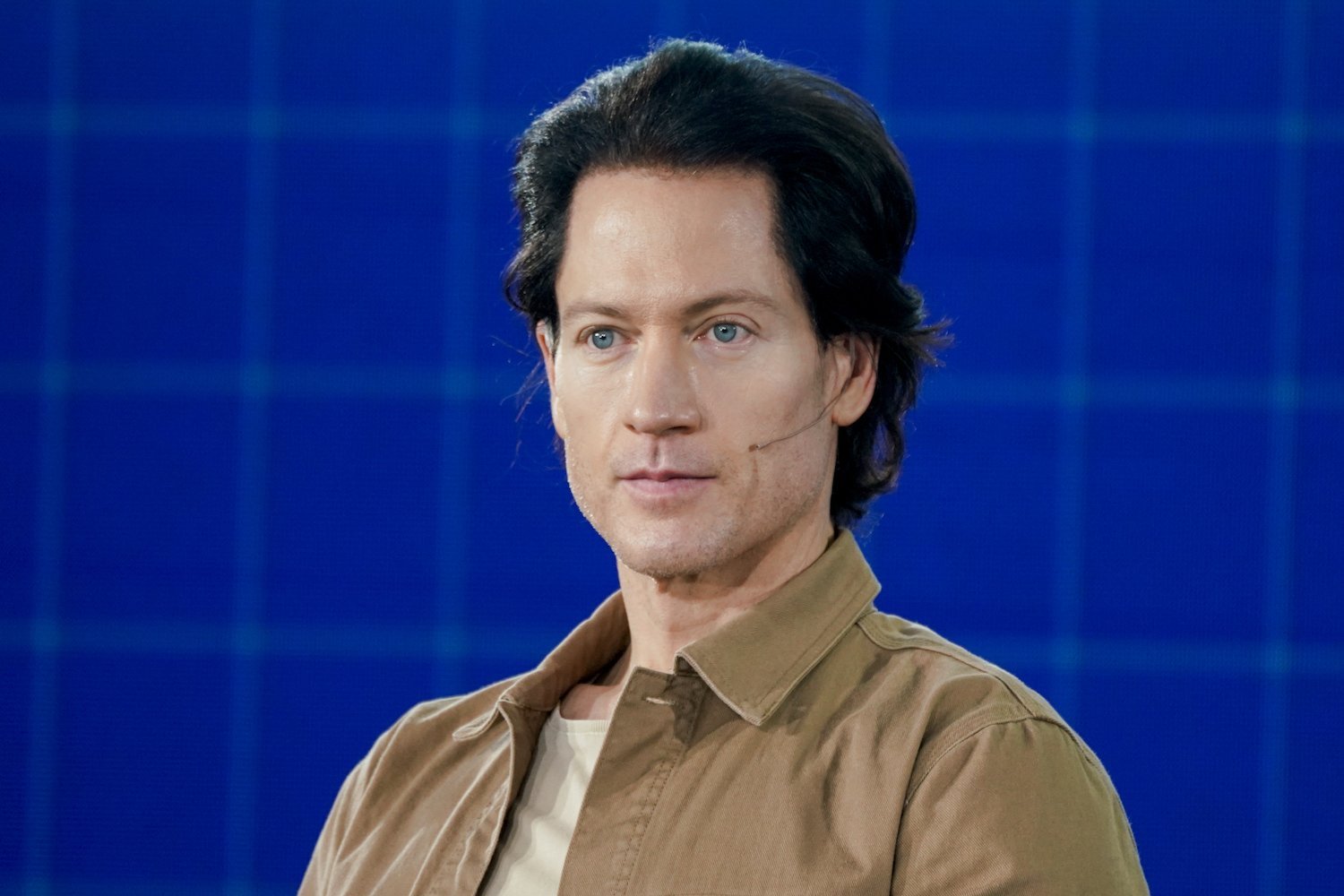- cross-posted to:
- nottheonion
- cross-posted to:
- nottheonion
Summary
Bryan Johnson, a 46-year-old tech multimillionaire focused on anti-aging, stopped using rapamycin—a supplement he took for five years—after research suggested it might accelerate aging.
Johnson cited side effects like skin infections and glucose issues, as well as findings from a recent study showing rapamycin could worsen epigenetic aging.
Known for extreme anti-aging experiments, Johnson also created the health startup Blueprint, which markets pricey supplements.
His controversial methods, including teenage blood transfusions and genital shock treatments, have raised skepticism about their effectiveness and safety.



This isn’t real research … it’s just a millionaire spending money on trying to live longer for themselves while selling and marketing products on the side.
If it were real research, it would involve a group of recognized researchers and scientists testing products and activities on a small group of volunteers who are fully aware of what they are participating in. And the research has to last for several years using multiple controls.
Watching one guy testing and trying out a few things whenever he feels like it and done at his own whim and under only his opinion and likes and dislikes is not research.
The biggest contribution he has to longevity is in promoting and advertising the fact that one of the ways to extend your lifespan is to become a millionaire.
Someone testing on themselves is how we learned what causes and how to treat ulcers (the researcher earned a Nobel prize for giving himself an ulcer, and then treating it), among other things.
Controlled trials are great, but research has to start somewhere.
You’re telling me that shocking one’s nards on a hunch and writing it down isn’t real research?
I’m starting to think I know nothing about science. What have I been doing?
I’d love to see your research on shocking your nards … especially to be able to see the video evidence of what happens and what the results are.
For most of the time since the start of the Scientific Revolution, the way this guy does research was the standard way that research was done. Controlled clinical trials certainly have an important role in the development of new medicines, but they’re slow and expensive. They aren’t good tools for quickly trying out a lot of very speculative ideas. I expect that if a powerful anti-aging technique is discovered, it will be used for self-experimentation years before a clinical trial.
A couple of caveats: first, I think that a powerful anti-aging technique is probably not possible with today’s technology or the technology of the near future. Second, I think the self-experimentation is more likely to be done by a scientist in an academic lab studying senescence than by someone doing research outside of academia.